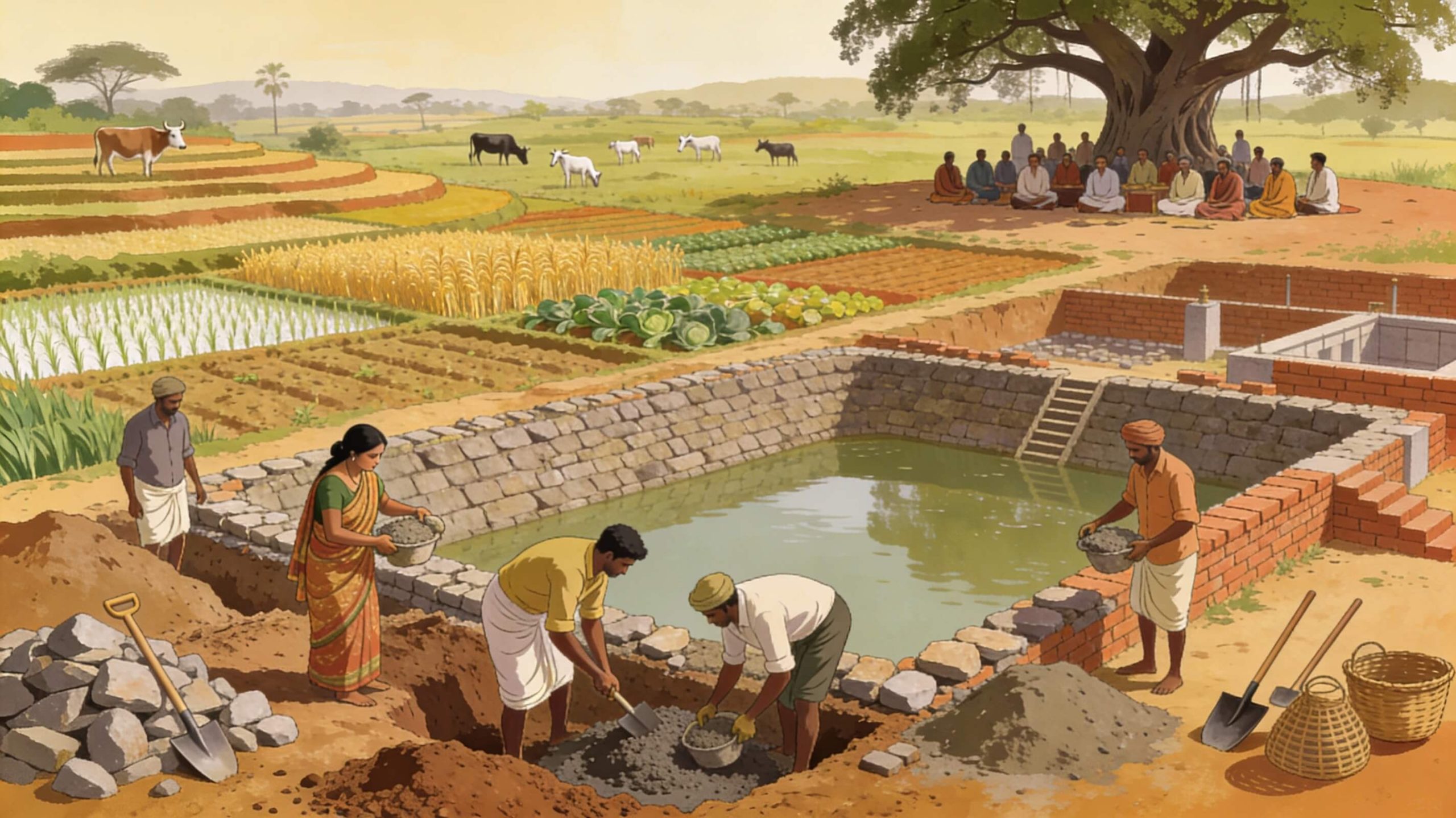The Indian government is set to implement a new 20-year cooperative policy aimed at enhancing rural development. Union Home Minister Amit Shah announced this initiative during a recent meeting with state ministers in New Delhi. The goal is to establish 2 lakh Primary Agricultural Credit Societies (PACS) by February 2026. This cooperative movement is designed to empower small farmers and improve their livelihoods.
The Ministry of Cooperation, established by Prime Minister Narendra Modi, focuses on revitalizing cooperative societies in India. Amit Shah highlighted that many rural people lack basic facilities and have been living in poverty for years. He emphasized the importance of cooperation in achieving economic growth and creating jobs across the country.
The new policy aims to provide a structured approach to cooperation. It will allow states to create their own cooperative policies based on local conditions. This tailored approach is expected to strengthen the cooperative sector significantly. Shah urged all states to announce their cooperative policies by January 31, 2026.
A key part of this initiative is the National Cooperative Database. This database will help identify which villages lack cooperative institutions. The government aims to ensure that every village in India has access to a cooperative within the next five years.
Shah also discussed the importance of training and capacity building in cooperatives. He mentioned the need for more educational institutions dedicated to cooperative training, specifically through the Tribhuvan Sahkari University. This university will play a crucial role in preparing future leaders in the cooperative sector.
During the meeting, various initiatives were reviewed, including the promotion of dairy and fisheries cooperatives. These sectors have the potential to enhance rural service delivery and improve living standards in villages. The government is also focusing on the White Revolution 2.0, which aims to create a sustainable dairy economy.
Furthermore, the meeting underscored the significance of digital transformation in the cooperative sector. Efforts to computerize PACS and Registrar of Cooperative Societies offices will streamline operations and improve transparency. Shah stressed that transparency is essential for the success of cooperative banks and societies.
Amit Shah also highlighted the importance of promoting natural farming practices. He called on state cooperation ministers to work closely with agriculture ministers to encourage sustainable farming methods. This approach aims not only to improve agricultural productivity but also to ensure the health of the environment.
The cooperative sector is viewed as a vital tool for economic development, especially in rural areas. The government’s commitment to creating a robust cooperative framework is expected to lead to more job opportunities and better living standards for millions of people.
In conclusion, the new cooperative policy represents a significant step towards revitalizing the cooperative movement in India. With the ambitious target of establishing 2 lakh PACS by 2026, the government aims to ensure that cooperation becomes a cornerstone of rural development. This initiative could transform the agricultural landscape and support the livelihoods of small farmers and rural communities across the country.




